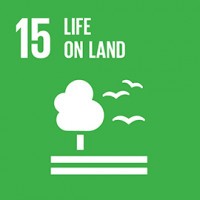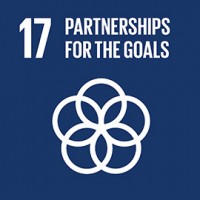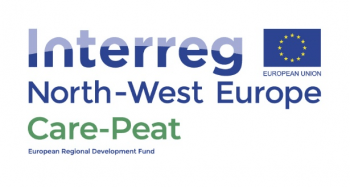
Research: Enabling peatland recovery
Fostering the natural recovery of vital carbon-storing peatlands to combat climate change and habitat degradation.
Summary
Research summary
Intact peatlands store around a third of the world’s soil-based carbon. Carbon is released into the atmosphere when the peatlands are degraded through drainage, harvesting and other human activity.
Our research aims to improve the condition of damaged peatlands and return them to active carbon sinks.
Working with Moors for the Future Partnership and specialist moss grower Beadamoss®, we piloted and evaluated new Sphagnum reintroduction techniques on the blanket bogs of the Peak District National Park.
Our research proved that planted propagules of Sphagnum survived and grew in harsh upland conditions. These results paved the way for the more widespread restoration of degraded peat bogs in both upland and lowland areas.
Our work has also raised the prospect that Sphagnum moss could be farmed in large enough quantities to replace peat in compost.
With industry partner Beadamoss® and the Lancashire Wildlife Trust, we established the UK’s first Sphagnum-farming trial sites. We also set up the European Union’s first Sphagnum-based ‘carbon farm’, showing the potential for Sphagnum biomass production to underpin novel land management techniques.
Peat fact
Impact
Research impact
Intensive Sphagnum reintroduction over more than a decade has directly restored over 3,000 hectares of the Peak District National Park’s most degraded peatland. Combined with more traditional techniques, this has preserved the integrity of 12,000 hectares of active blanket bog.
This restoration directly secures some three million tonnes of stored carbon - roughly equivalent to a forest twice the size of Wales. It also indirectly safeguards nearly 12 million tonnes of stored carbon across the broader landscape.
Our large-scale Sphagnum and carbon farming pilots are removing large amounts of CO2 from the atmosphere. They are also helping the UK to reach its target of removing peat from compost and other plant growing products by 2030 and supporting a shift away from conventional agriculture on drained lowland peatlands.
Delivering sustainable development

Life on Land
Protect, restore and promote sustainable use of terrestrial ecosystems, sustainably manage forests, combat desertification, and halt and reverse land

Partnership for the goals
Strengthen the means of implementation and revitalize the global partnership for sustainable development.
Key publications
- Caporn, SJM, Rosenburgh, AE, Keightley, AT, Hinde, SL, Riggs, JL, Buckler, M and Wright, NA (2018) Sphagnum restoration on degraded blanket and raised bogs in the UK using micropropagated source material: a review of progress. Mires and Peat 20(9):1-17
-
Higginbottom, TP, Field, CD, Rosenburgh, AE, Wright, A, Symeonakis, E and Caporn, SJM (2018) High-resolution wetness index mapping: A useful tool for regional scale wetland management. Ecological Informatics. 48, pp.89-96
- Robroek, BJM, Jassey, VEJ, Payne, RJ, Martí, M, Bragazza, L, Bleeker, A, Buttler, A, Caporn, SJM, Dise, NB, Kattge, J, Zajac, K, Svensson, BH, Van Ruijven, J and Verhoeven, JTA (2017) Taxonomic and functional turnover are decoupled in European peat bogs. Nature Communications. 8:1161
-
Field, CD, Evans, CD, Dise, NB, Hall, JR and Caporn, SJM (2017) Long-term nitrogen deposition increases heathland carbon sequestration Science of the Total Environment 592: 426-435
- David R. Elliott, DR, Caporn, SJM, Nwaishi, F, Nilsson, RH and Sen, R (2015) Bacterial and Fungal Communities in a Degraded Ombrotrophic Peatland Undergoing Natural and Managed Re-Vegetation PLoS ONE 10(5): e0124726
- Carroll, J, Anderson, P, Caporn S, Eades, P, O’Reilly, C and Bonn, A (2009) Sphagnum in the Peak District: Current Status and Potential for Restoration. Moors for the Future, Report No 16, Edale, Derbyshire
Team
Funding
With funding from

Innovate UK

BBSRC

Interreg NW Europe Care-Peat
Contacts
Contact us
For general enquiries about our Conservation, Ecology, Evolution and Behaviour research group, you can contact its leads Dr Robyn Grant and Dr Sue Anne Zollinger.
